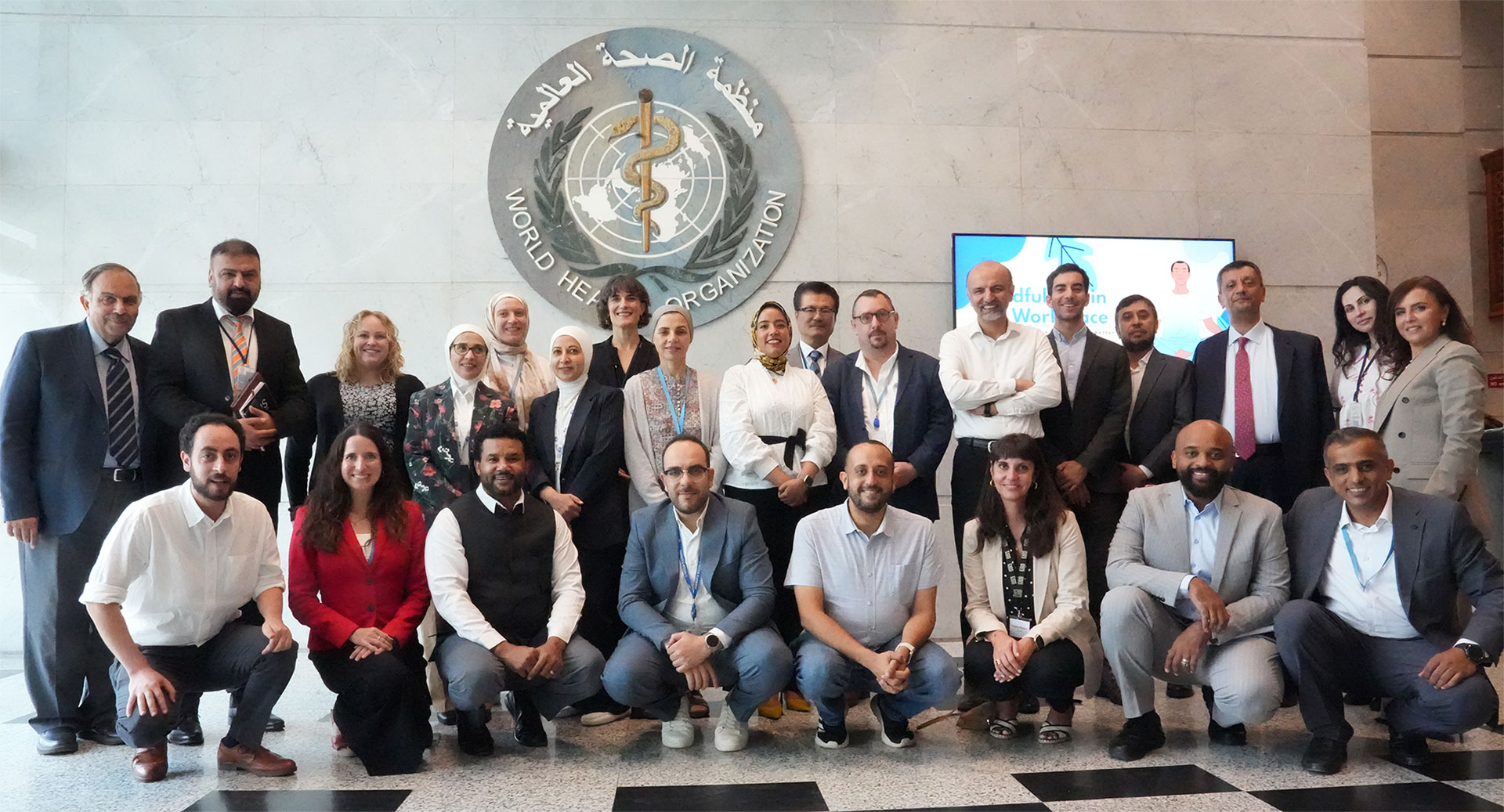4 November 2025, Cairo, Egypt – The World Health Organization (WHO) Regional Office for the Eastern Mediterranean hosted the Integrated Disease Surveillance (IDS) Partners’ Meeting in Cairo in September 2025. The meeting brought together technical experts and international partners to strengthen collaboration on disease surveillance across the Eastern Mediterranean Region.
Taking place amid overlapping health emergencies and rising cross-border threats, the meeting underscored the urgent need to connect systems, share information and act faster to detect and respond to emerging diseases.
Experts from the WHO Hub for Pandemic and Epidemic Intelligence, the Robert Koch Institute, the United Kingdom Health Security Agency, the Eastern Mediterranean Public Health Network, the Intergovernmental Authority on Development, the Africa Centres for Disease Control and Prevention, Health Information Systems Programme Middle East and North Africa, the Global Centre for Disease Control and academic institutions such as the American University in Cairo, the American University of Beirut and the Alexandria Public Health Institute contributed to discussions on governance, financing and technical operations, including information technology systems, human resources, data management and laboratory capacity.
The Regional Office IDS Technical Working Group, comprising the Science, Information and Dissemination team, Communicable and Noncommunicable Diseases programmes, the WHO Health Emergencies programme and the Polio team, highlighted challenges and opportunities for countries to strengthen IDS systems.
The meeting cast a spotlight on the growing importance of collaborative surveillance, with contributions from the WHO Hub for Pandemic and Epidemic Intelligence and implementing partners such as Resolve to Save Lives focusing on how stronger regional coordination can speed up early detection and response to health threats.
Two virtual meetings were held with stakeholders ahead of the in-person meeting to align expectations.
The event was organized under the umbrella of the IDS Technical Working Group. Discussions underscored the need for long-term, integrated investments in surveillance systems, moving away from fragmented vertical programmes. Partners reaffirmed their shared commitment to building sustainable, resilient systems that safeguard health security in the Region.
The meeting highlighted the importance of multisectoral and transdisciplinary collaboration. By uniting governments, partners and academia, the IDS partnership forum has laid the groundwork for efficient, sustainable and integrated surveillance systems that will better protect populations from future health emergencies and contribute to global health security.









